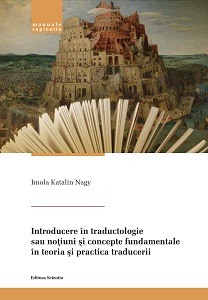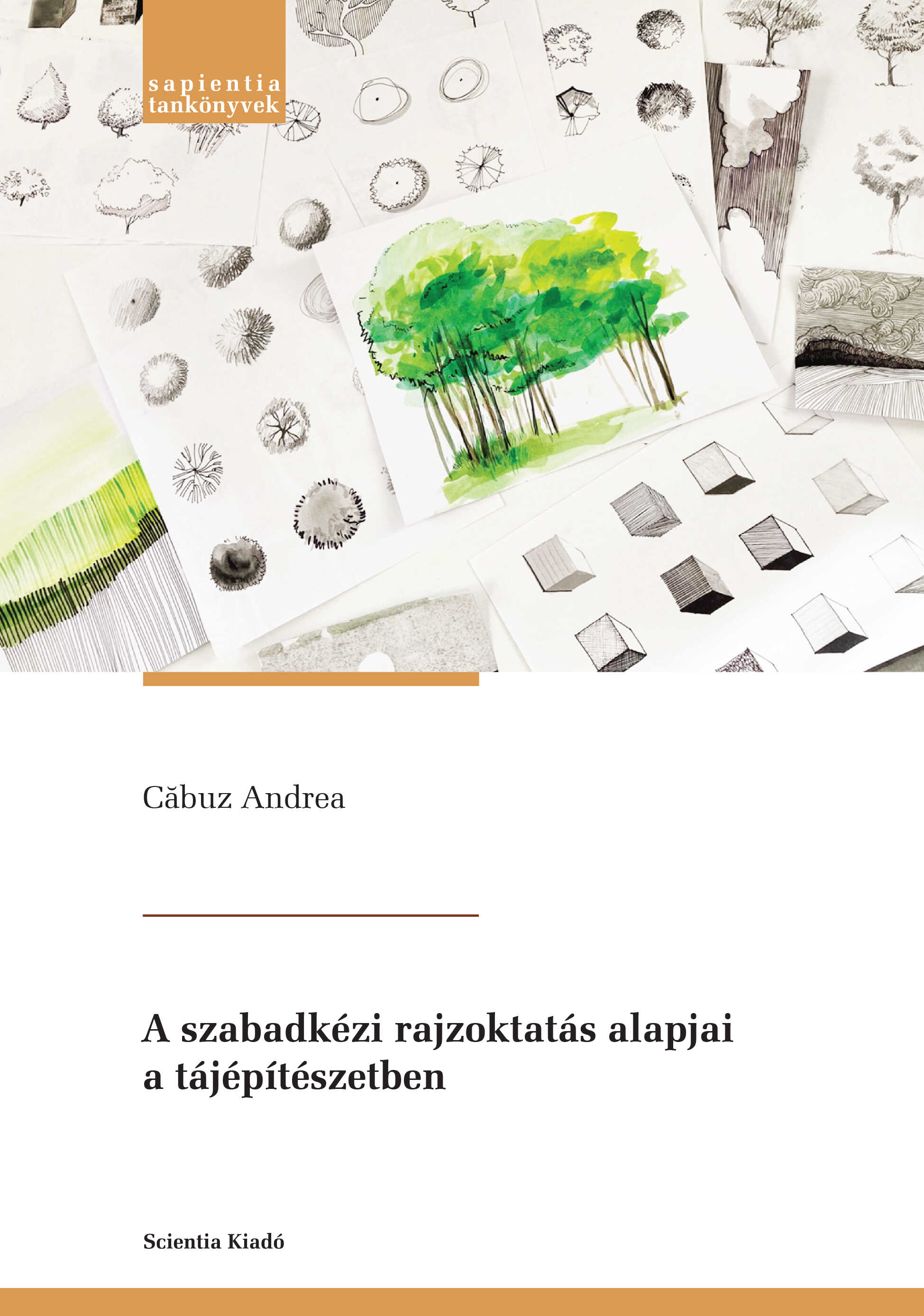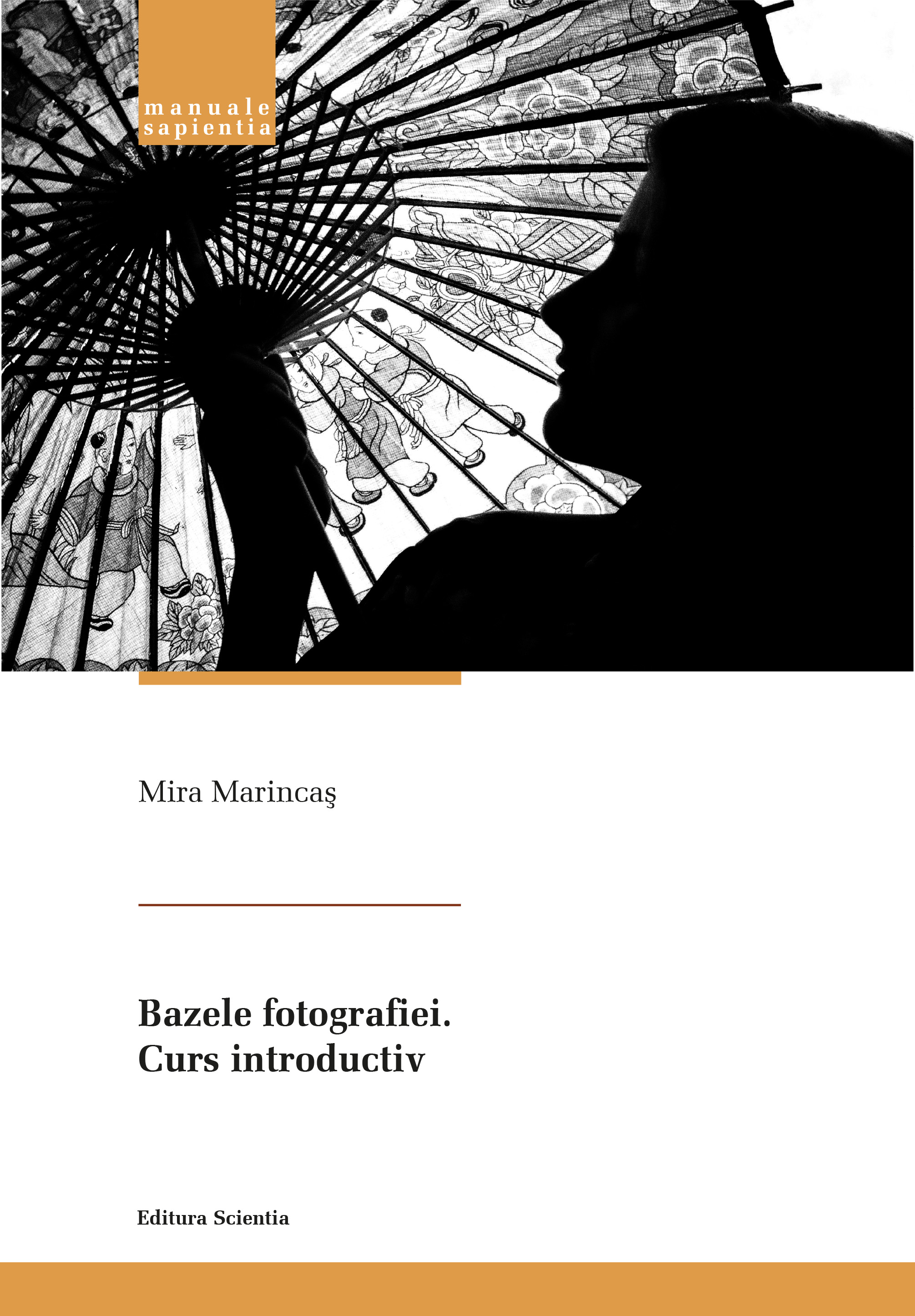
Introduction to translation studies or fundamental notions and concepts in translation theory and practice
Introducere în traductologie sau noţiuni şi concepte fundamentale în teoria şi practica traducerii
Keywords: translation principle; translation method; translation strategy; translation technique; translation procedure; typology of realia and culturemes; extralinguistic context; cultural transfer;
The volume entitled Introduction to translation studies or fundamental notions and concepts in translation theory and practice is dedicated to a synthetic presentation of the main concepts related to the phenomenon of translation. Translation, this complex process of mediation in the multilingual universe of the globalized world, tends to become the object of study of a relatively young discipline: translation studies. Translation studies, as a science that studies both the theory and practice of translation in all its forms (verbal, written, general, or specialized), has a strong interdisciplinary character, as evidenced by careful research on the evolutionary stages of its development. Translation studies is a discipline that does not offer, cannot offer immutable explanations, does not identify universally valid theories beyond temporal and/or spatial landmarks, but it offers interpretations, impregnated and influenced by the spatial and temporal context in which they occur. In this volume, we deal with the most important notions and concepts with which translation theorists operate. We define terms such as translation principle, translation method, translation strategy, translation technique, translation procedure, trying to clarify the hierarchical relationship between them. We value and, therefore, present the contributions of leading theorists in translation studies. Equivalence, this cornerstone of any translation approach, is another key point of the volume as we deal with the difficulties of translation: the translation of idioms, humour, and pragmatic aspects. The classification of texts into various types, based on different criteria, is the subject of another chapter. Closely related to the issue of text typology are the types of translations as different types of texts require different types of translation approach as well as the differences between the members of the target audience – specialized or secular – may influence the type of translation. We deal with the typology of realia and culturemes and their translation, but we also approach the translation of the literary text and study, of course, the specialized translation, the specialized language, and the terminological lexicon. We review the main features of literary and specialized translation. Intention, linguistic and extralinguistic context, cultural transfer, equivalence, skills, techniques and methods, and textual typologies are key concepts that appear in the volume entitled Introduction to translation studies or notions and fundamental concepts in the theory and practice of translation. The translational act involves several factors and several actors, which we try to approach and analyse in a synthetic and analytical approach.
More...


